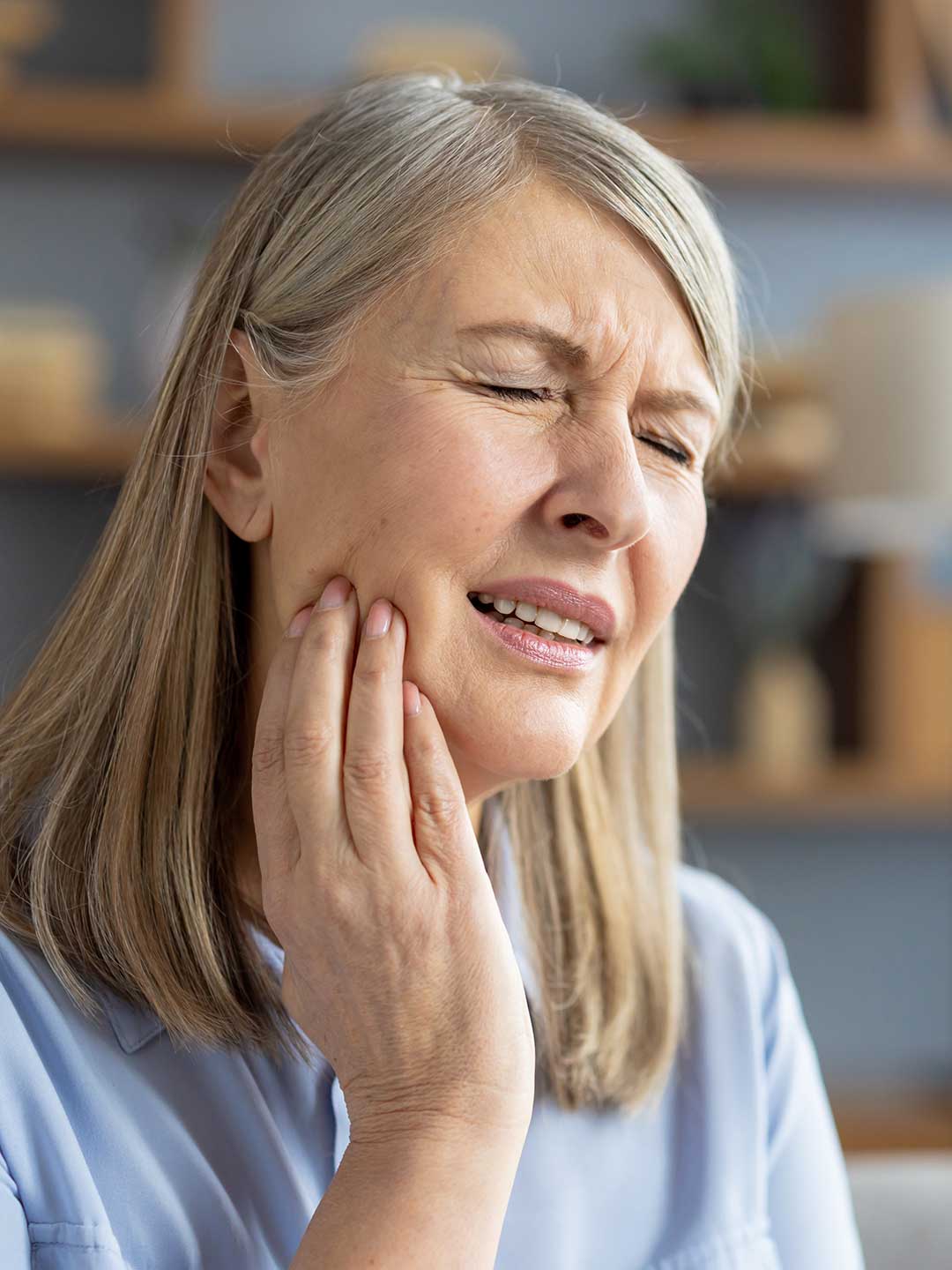Some bleeding and swelling can be expected following oral surgery procedures. The extent and duration can vary depending on the type of surgery performed. It is important to follow your oral surgeon’s instructions for optimal healing.
Within the first 48 hours, you may be instructed to avoid strenuous activities, apply gentle pressure with a gauze pad to the surgical site for 10 to 15 minutes to promote clotting, or apply a cold compress to the outside of your cheek.
If you experience persistent or increased bleeding or swelling, contact your dentist.



